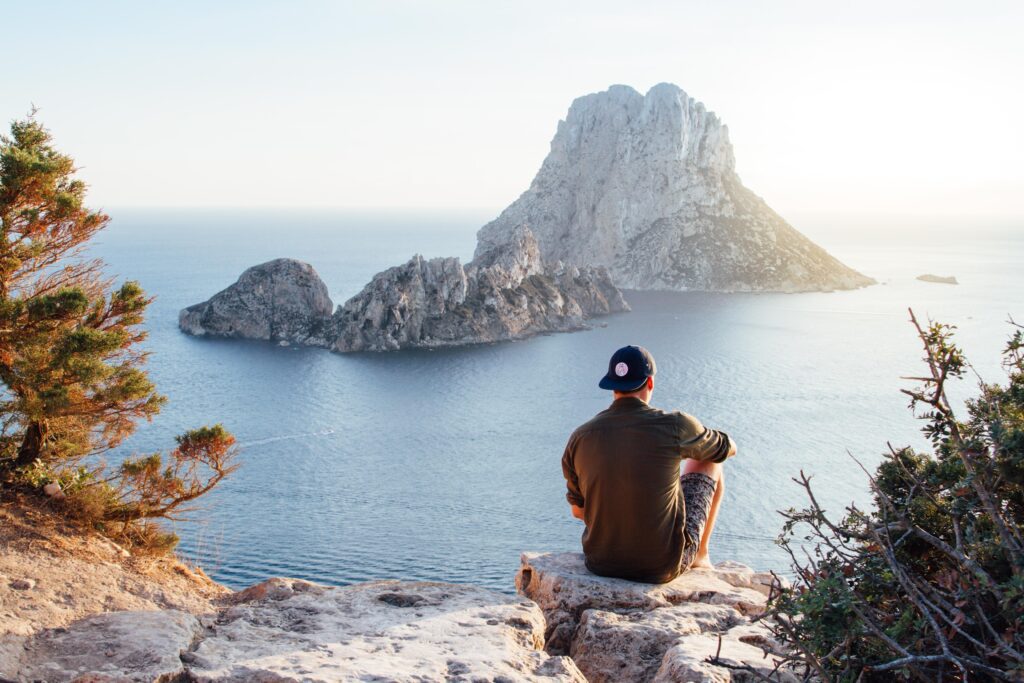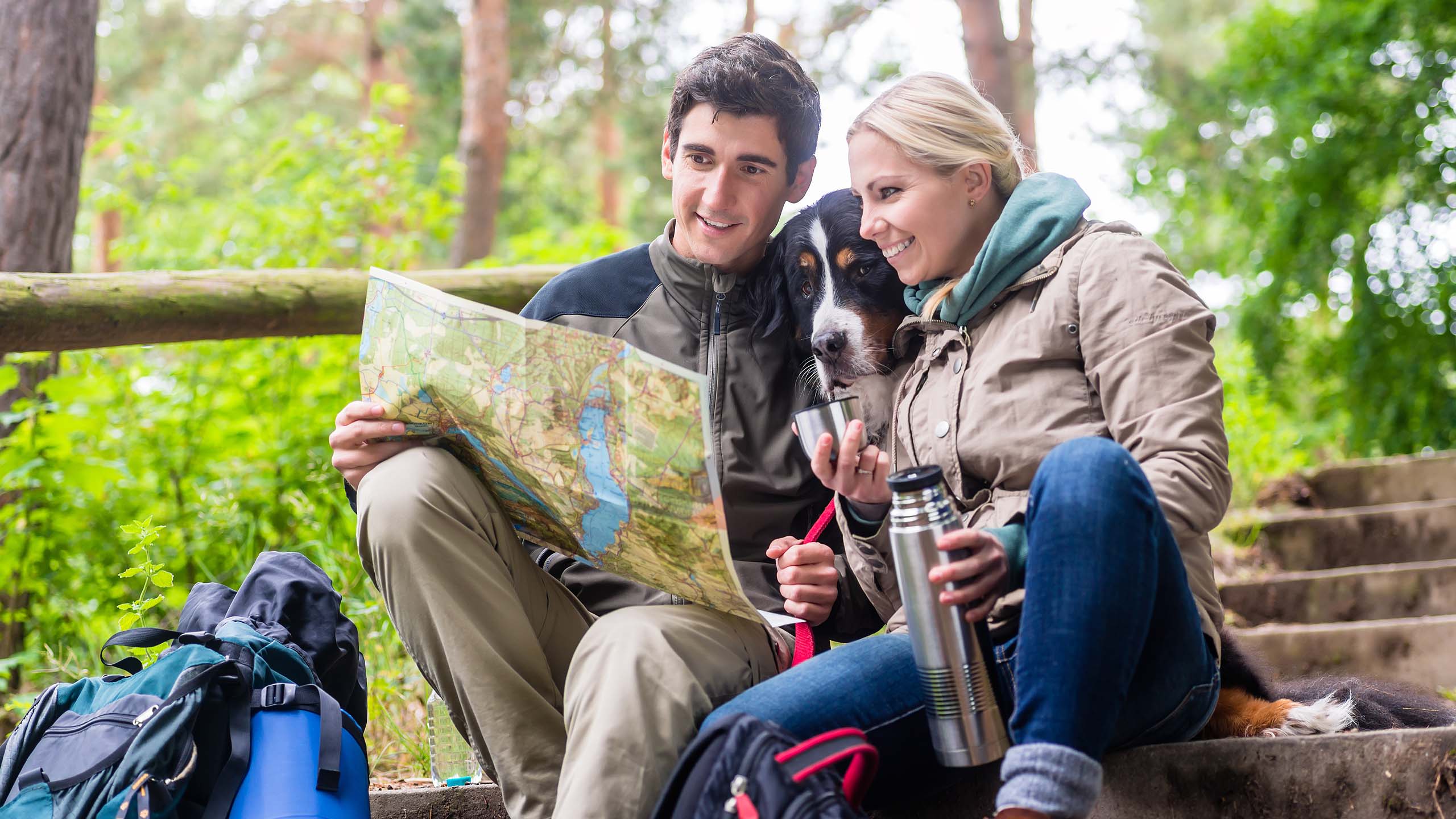Sustainable Travel to Protect our Natural Environment
What does this mean? And why should it matter as a traveller?
Being a traveller, exploring our globe is a wonderful feeling, experiencing new sights, meeting new people, eating new cuisines, engaging in new activities, the benefits and reasons for exploring our globe are endless!
The reason to travel is different for every individual, yet we each have a collective responsibility to travel in a sustainable manner, which provides positive outcomes for everyone and everything during our travels.
First, let’s understand what sustainable travel is.
What is Sustainable Travel?
“Sustainable travel” is a term which has been used and around for decades, yet has gained momentum over recent years due to increase focus on the need to protect our planet, plus the massive increase of people now travelling across our globe is impacting our planet, and the frequency for which we travel.
Sustainable travel derives from the United Nations World Tourism Organization (UNWTO) sustainable tourism term of “Tourism that takes full account of its current and future economic, social and environmental impacts, addressing the needs of visitors, the industry, the environment and host communities”. With tourism referring to “the activity of visitors, and a visitor is a particular type of traveller and consequently tourism is a subset of travel” (UNWTO).
Ultimately as a traveller, it means to provide current and future positive impact to the natural environment, support local communities and cultures, whilst ensuring economic benefits are sustained within local communities. Sustainable travel encompasses three pillars when travelling:
- People – social connections, communities, cultures
- Planet – environment, animals, nature
- Profit – economy
From an individual’s point of view, it’s about making positive decisions when you travel, to ensure local people and the natural environment are both benefited, whilst providing positive funds stay within local communities.
When traveling, it’s about firstly being aware of all three pillars, and how they can interact and link with each other. Then it’s having the behaviours and taking actions, which provide positive impacts towards those pillars, for both the current state and also future state into account.

Who’s Responsible for Sustainable Travel?
Not one person, community, organisation, or country is in charge of ensuring sustainable travel. We each individually need to contribute to our longevity of Earth.
We as travellers need to positively contribute to our globe, by taking small actions every time we travel, whilst possibly changing our habits and mindset going forward.
Whilst there are various organisations with a mission and purpose to provide guidelines for destinations and properties to adhere to sustainable practices, these are independent and not mandated across the globe.
There are also certifying bodies and guiding principles which allow destinations, properties, and providers, to meet certain sustainable practices and standards. These principles are non-mandatory for destinations, properties and providers to adhere to, yet they are beneficial as they inform stakeholders, including travellers, that they provide and adhere to sustainable practices.

What is our Natural Environment?
The natural environment is all living and non-living things that occur naturally on earth. Although this does incorporate humans, in this instance think of the earth in its purest form without human activity or intervention, what would be left behind.
It encompasses the ecological systems such as vegetation, land, soil, and natural resources of sun, air and water. All of which provide natural services and facilitate many processes that help life to flourish on earth, and contribute to human wellbeing.
Our planet is made up of two types of ecosystems:
- Terrestrial – land based
- Aquatic – water based
Regardless if land or water based, all ecosystems thrive or decline based on various factors, being species interactions, organism interactions and their environment. All factors in an ecosystem are dependent on another and if altered affects the entire ecosystem.
Everything we do in life, which includes when travelling, should relate back to protecting our natural environment, as without it, we would not survive as a species.
Imagine living in a world with no natural running water, no trees or vegetation, and no wildlife or insects amongst us. It sounds like a pretty barren, dry and boring planet to live on.
Why Care for our Natural Environment?
People can sometimes travel with a short mindset, as we don’t live at a destination we don’t see the long term impacts travellers and people can have on the physical environment. We may think we can walk off a nature reserve track as it’s only me, however if you’re thinking that, it’s likely other travellers are thinking and behaving in the same manner.
We need to be aware of the natural environment surrounding us and learn how we can live in harmony together.
When it comes to water usage in particular, tourists use twice as much water than local residents, or they think I’m on holidays so I can use more water. When it comes to certain destination, natural water resources can be very rare and requires high management and monitoring to ensure residents and tourists can maintain an acceptable water consumption. People also may think we have an unlimited source of water as the earth is made up of 70% of the earth surface, yet that doesn’t mean water is always accessible.
For food related consumption, the majority of people don’t think of where their food derives from, the initial raw ingredients and how it’s grown. Documentaries such as Food Inc, King Corn, The Game Changes, and Super Size Me, has highlighted to the globe our high food intact as a population, then how it’s negatively impacting the natural environment around us.
As the human population continually grows, so does our consumption and demand of natural resources, so it’s an ongoing cycle as we increase in numbers, so does the likelihood of destroying our natural environment, unless we make a change on how we live our lives.
If we don’t protect, conserve and regenerate our natural environment, we will lose our natural resources of water, food and fuel supplies, therefore negatively impacting our lives.
People don’t always realise the importance of biodiversity and how all living species are entwined to ensure a well sustained life for every living being on Earth. From tiny fungi, to bees, to urban trees, the list is endless of how human life as we know it will not survive without biodiversity.

How Can We Be More Conscious Travellers?
Most people feel they alone cannot make an impact towards sustainable travel, which is not necessarily true. If everyone makes small behaviour changes and makes appropriate sustainable choices, it will collectively make a positive impact to the natural environment. There has been an ongoing focus to protect our natural environment over many years, and it is no different when we travel.
We should make conscious and positive decisions, that first protect the natural environment we are physically surrounded in, to ensure we conserve the natural state. Then we can go one step further, to regenerate it, to an improved state than how we originally found it.
Questions to ask yourself:
- Do your holiday plans positively or negatively impact the natural environment?
- Are you able, and more importantly willing, to adjust your plans slightly on how or where you travel to benefit the natural environment?
- How could you improve the natural environment when you’re exploring a destination?
Some tips to protect the natural environment, could be to book accommodation, attractions and tours that focus on the protection of the natural environment, in lieu of other properties that may not. More destinations and countries as a whole are becoming aware of their impact on the environment, and making adjustments along the way to ensure positive changes are made.
During your planning and research stage, consider taking the time to read the CSR (Corporate Social Responsibility) of organisations, accommodation and tour operators, to read their ethical position, which is normally found on their website under ‘About Us’ section or in the website footer.
Changing a habit isn’t easy, yet is achievable with consistent focus and determination. It’s our time to protect our globe and our communities, so future generations have places to explore and visit.
Think of the future traveller, just like you…. they will thank you.


